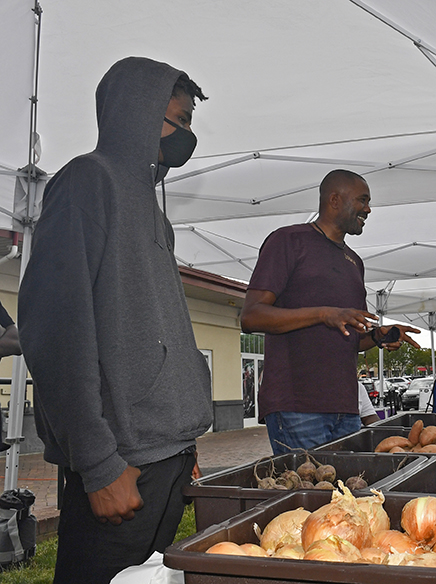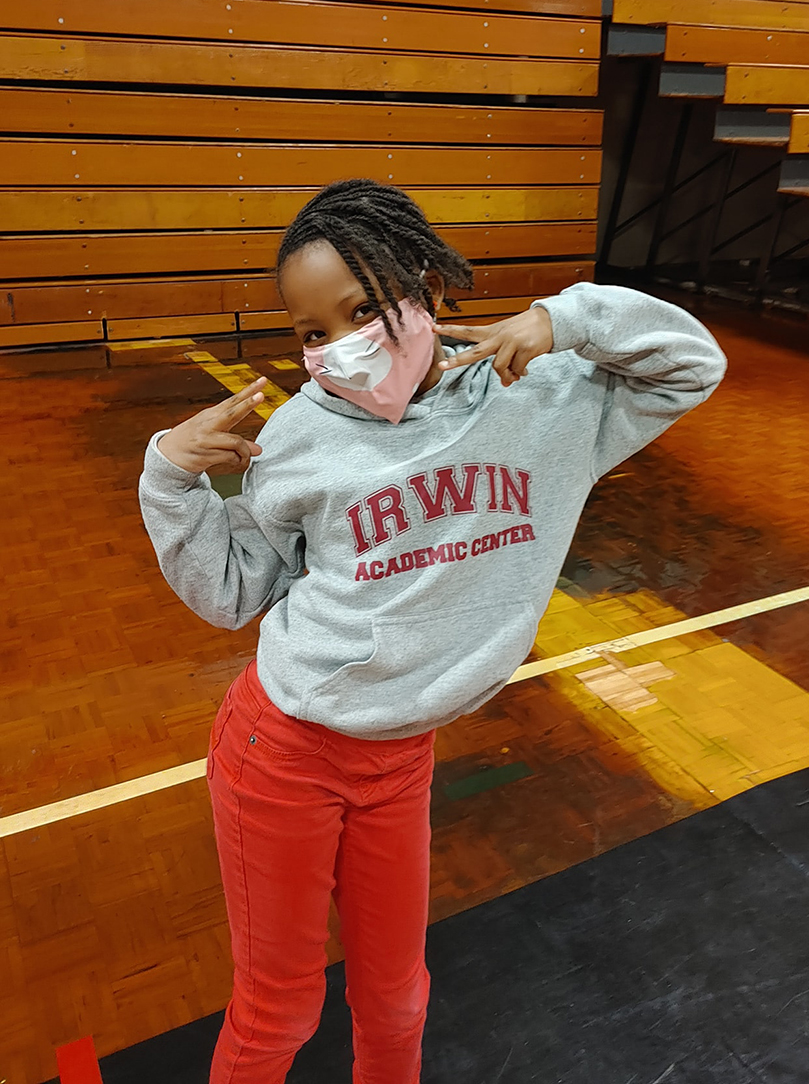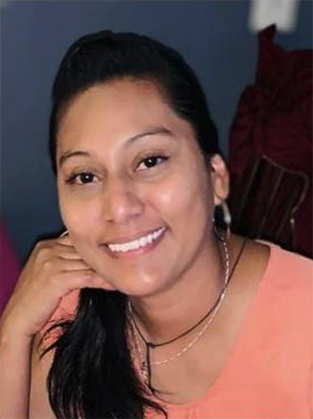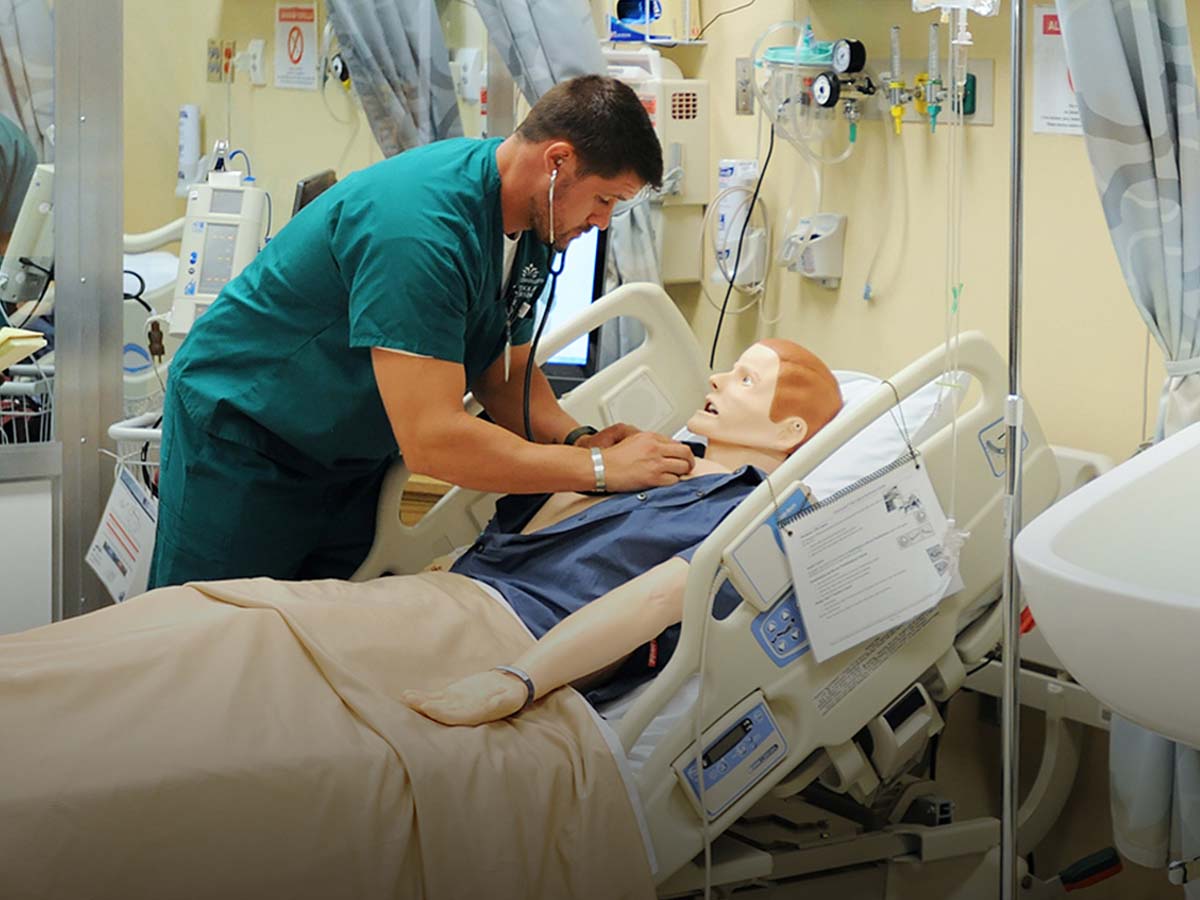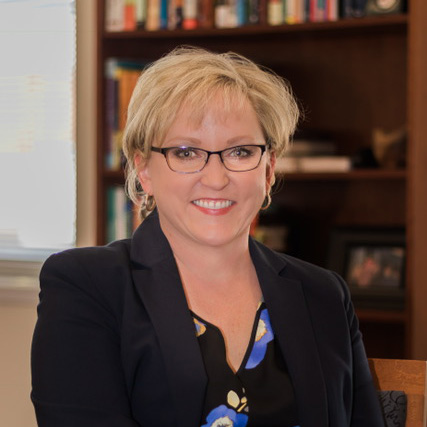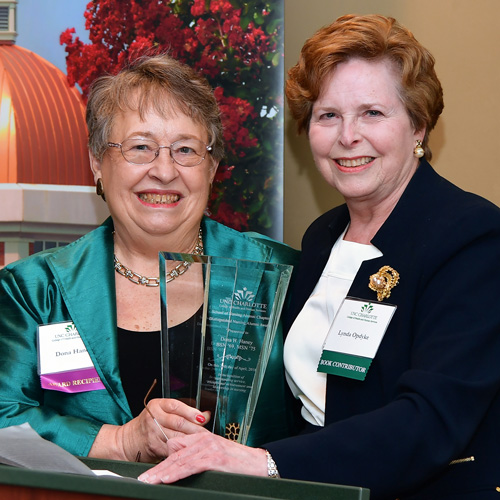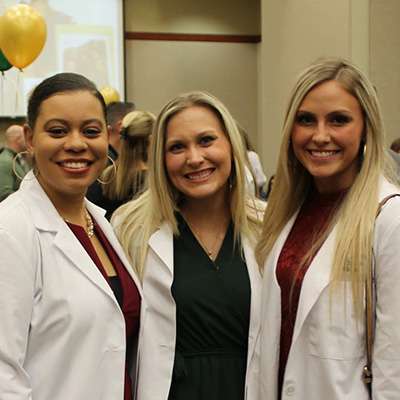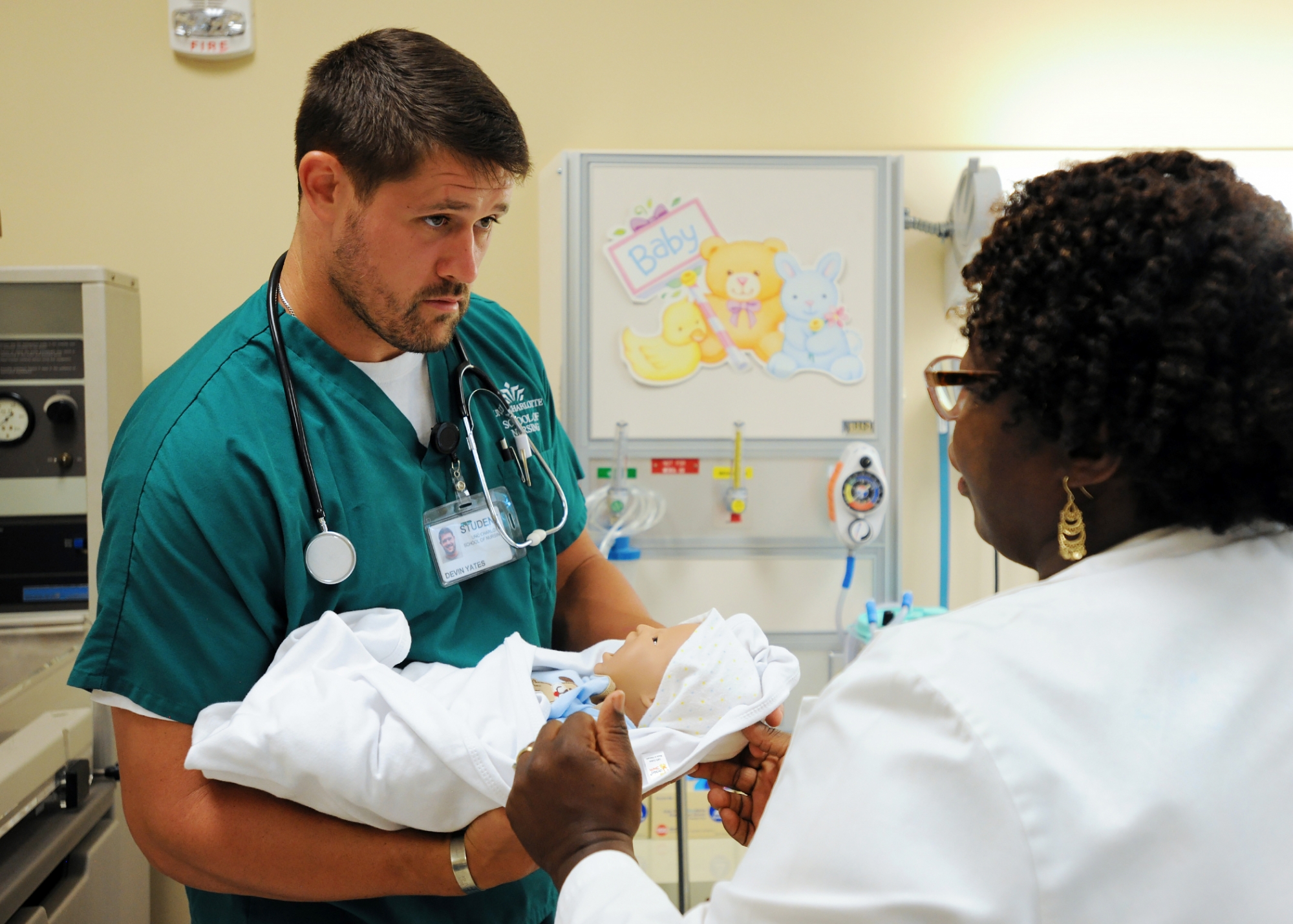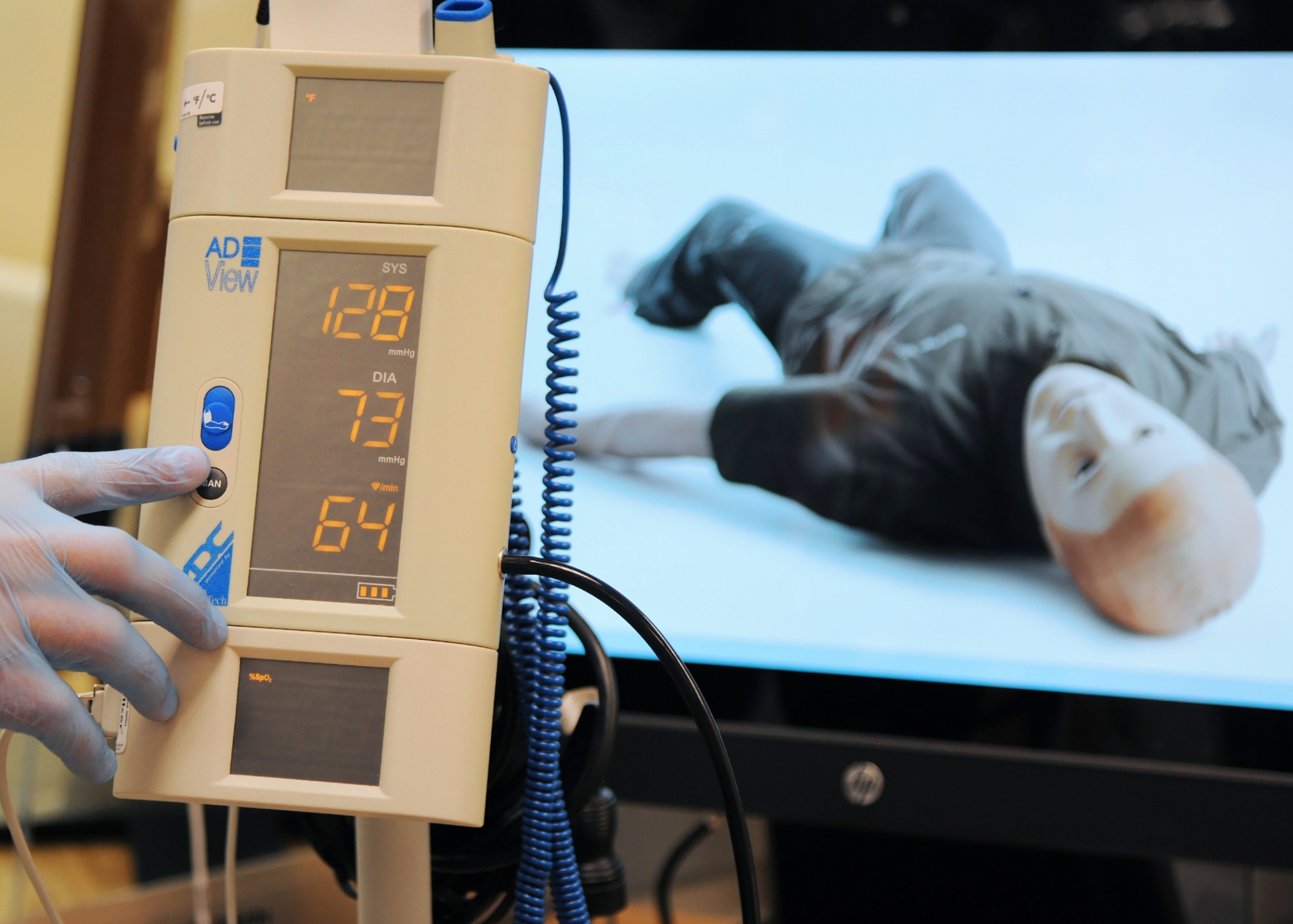Zip code or genetic code? The role of place and access in a person’s health
Zip code or genetic code?
The role of place and access in a person’s health
Zip code or genetic code?
The role of place and access in a person’s health
UCity Family Zone addresses inequities in north Charlotte through the social determinants of health.
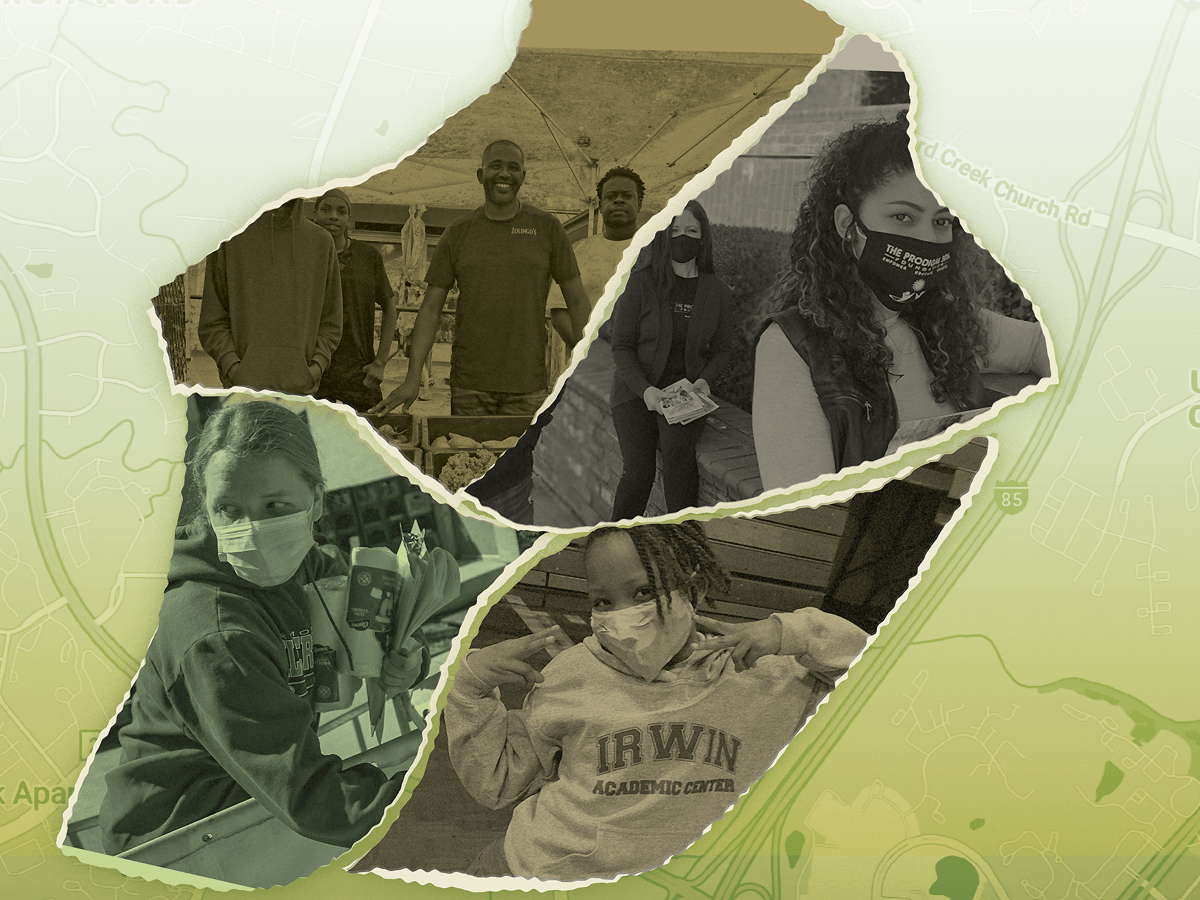
Thousands of people in need in north Charlotte are receiving critical services through the community connections and human infrastructure of a place-based initiative that flips the American system’s approach to health and is a model for cities across the country.
UCity Family Zone — a geographical area surrounding UNC Charlotte spanning roughly 18 square miles and home to 53,000 residents — is a comprehensive effort co-developed between community leaders and Charlotte faculty and staff with the goal of promoting overall well-being, reducing preventable disease and increasing social capital. UNC Charlotte is taking a leading role in the group and is joined by a growing list of more than 75 partners that includes nonprofits, businesses and faith-based organizations that provide direct services to Charlotteans.
The Family Zone focuses on the social factors that have dramatic effects on a person’s wellness — known as the social determinants of health. Education, food security, access to and quality of health care, neighborhood development and social capital each is critical to the health of a community and its people.
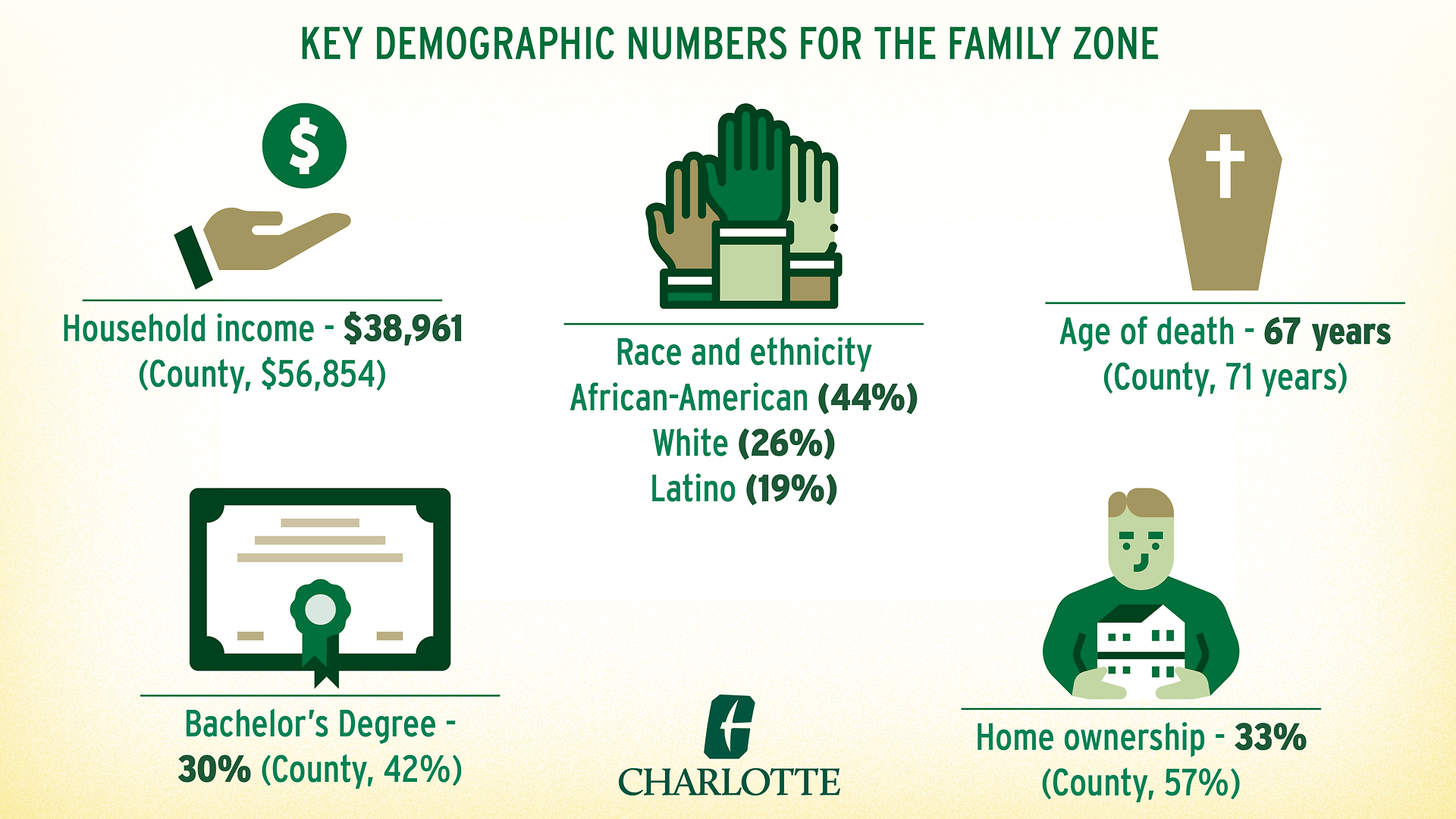
In 2017, as Charlotte absorbed the aftershocks of a Harvard study that labeled it last in economic mobility among the 50 biggest U.S. cities, the University and local community leaders came together to create the UCity Family Zone. Those living in the Family Zone are at a higher risk of poverty-related illnesses and early death due to differences in access to and conditions of the social determinants of health. Residents have a life expectancy that is nearly 15 years less than the average of other Charlotte neighborhoods.
It is estimated that 80% of chronic disease is preventable and 70% of all premature deaths result from social factors. Poverty contributes to a lack of choices, lack of control and feelings of powerlessness, depression and poor health. By addressing the social determinants of health in the communities within the UCity Family Zone, the partnership seeks to reduce and eliminate poverty-based health and social inequalities and improve equity.
The partnerships provided through the UCity Family Zone also afford University researchers and students access to community-based research that affects meaningful change. For UNC Charlotte, the approach provides an agenda for community-engaged action on topics ranging from the elimination of health disparities, to urban design, to innovation in education and new business models.
“I’ve been doing research on chronic disease my whole life. And what I and others have found is that zip code is a much more important predictor of health than genetic code.”
WORKING TOGETHER
The University provides leadership, expertise and organizational support to the Family Zone through its faculty, staff and students to ensure dozens of programs in the area are developed, implemented and measured to capture useful data that informs future efforts.
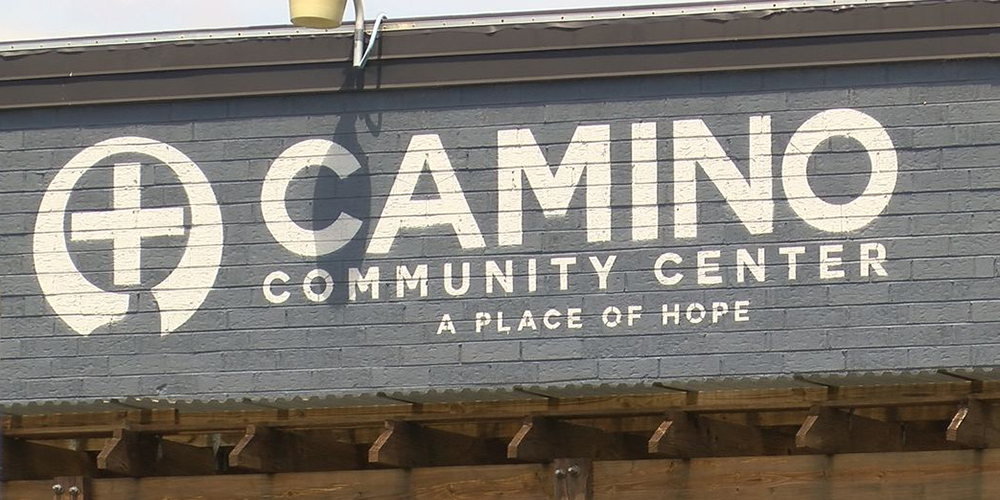
In response to gaps in availability of mental health services in the area, one of the first programs started in the Family Zone was a no cost-clinic called Tu No Estas Solo (You are not alone) at Camino Community Center. Staffed by students with faculty supervision, in 2017 the program served 116 primarily Latinx individuals through the efforts of six student interns and two faculty supervisors. Over the course of the year, 70% of scheduled sessions at Tu No Estas Solo were kept; 66% of clients completed their prescribed treatment when dropping out after the first session is the norm; symptoms of anxiety and depression improved noticeably; and a majority of the client backlog disappeared.
While there were many service providers in University City when UCity Family Zone began, Charlotte Public Health Professor Mark DeHaven and community partners found there was something missing.
“At the time, 96% of the organizations indicated they were not collaborating with other organizations. That has changed tremendously over the past four years. We now have more than 75 organizations, supporting one another, collaborating, aligning their activities and programs,” he said. Family Zone leadership now meets bi-monthly.
Creating the conditions and organizational structure for groups to work together is one of UNC Charlotte’s central roles in the UCITY Family Zone. The University’s Academy for Research on Community Health, Engagement and Services (ARCHES) program serves to create and empower supportive conditions and organizational structure for advancing transdisciplinary and vertically integrated group collaboration in ways that contribute to health promotion and disease prevention across the community.
STRENGTH IN NUMBERS

Beyond opening lines of communication and coordination, the Family Zone structure supports resource and opportunity alignment in ways that support local organizations’ collaborative funding and allows small organizations to compete for funding that is usually out of reach. In the early days of the pandemic, the group was awarded $25,000 by United Way and the Foundation for the Carolinas to provide meals to families in need. Over nine weeks, partner organizations The Community Hub and Faith CME prepared and delivered more than 76,000 meals, 50% more than initially anticipated. The two organizations are closely connected to members of the community, and almost all of the volunteers were people from the area coming together to help one another.
“We’re able to mobilize and coordinate activities – rapidly, effectively and efficiently. Since it is an ecosystem with already existing partnerships, partners are able to respond to needs immediately without competition.” DeHaven said.
Donald Jonas, assistant vice president of social strategy and impact at Atrium Health is one of many community leaders collaborating to achieve the program’s goals.
“UCity Family Zone reminds us that real, long-term change always happens at the neighborhood level. We have learned from the experience of Dr. DeHaven and his partners that anchor institutions and funders of all sizes must start consideration of any community intervention effort by first listening to the people in neighborhoods that are most impacted. We must first listen and respond to neighbors about what they see as their greatest needs, rather than bring solutions to communities based on what we think they might want,” he said.
Emergency relief payments of $500 organized through the Family Zone for 100 individuals and families facing food and housing insecurity are another example of the power of the approach. Recognizing the devastating impacts of COVID-19 in the community, prior to the holiday season, DeHaven wrote the grant application for $65,000 in funding from Bank of America. Family Zone then worked with partner organizations Atrium NorthPark Clinic and Charlotte Community Health Clinic, and through its own Community Ambassador Program to distribute cash payments to those who were struggling. The additional $15,000 of the Bank of America support went to Heal Charlotte, a member of the UCity Family Zone located in the Hidden Valley neighborhood that offers services that include after-school tutoring, emergency housing and food distribution.
“The key to success is using what is already in the community, identifying priorities and then working together to address any gaps once all the existing resources have been identified and are working together,” said DeHaven. “Heal Charlotte is successful precisely because it is locally focused and directed and builds on the shared history of a neighborhood or community as the starting point for change.”
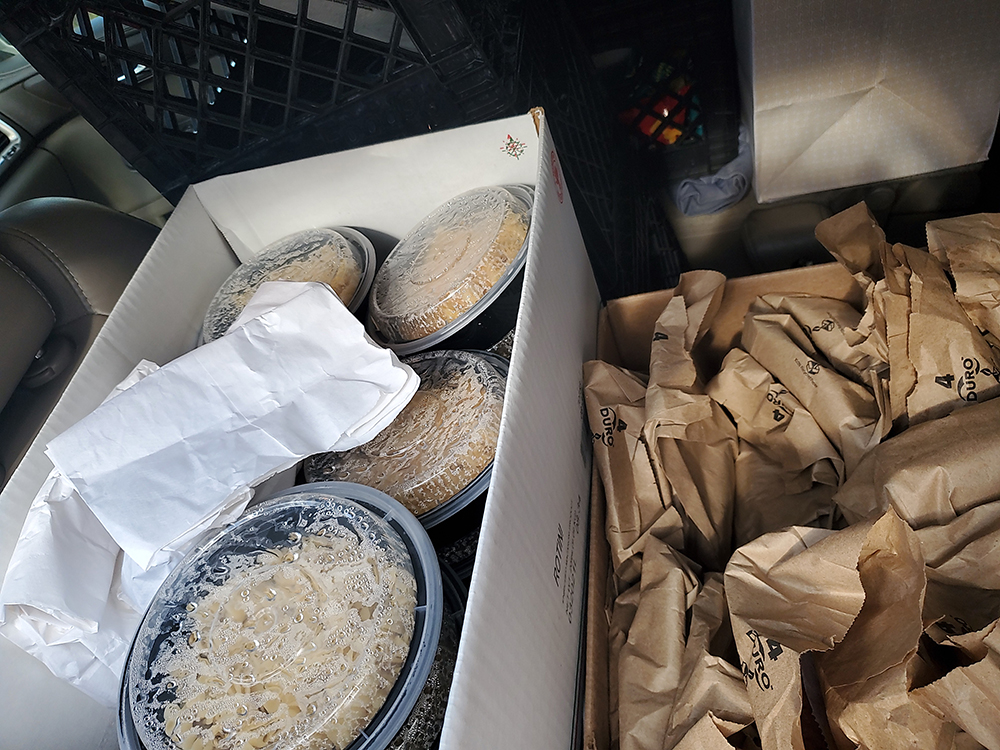
As UCity Family Zone continues to grow and yield results, its members see patience as elemental to long-term sustainability.
“We often say that community work proceeds at the ‘speed of trust.’ It takes time to build trust, but the time is an investment. It is the cost of creating true partnerships that move beyond alignment and collaboration. Partnerships are where friendships and relationships develop, where people and organizations are at their best and become family – helping one another and making the world a better place,” DeHaven said.
To learn more about UCity Family Zone partners and programs, visit ucityfamilyzone.com.
